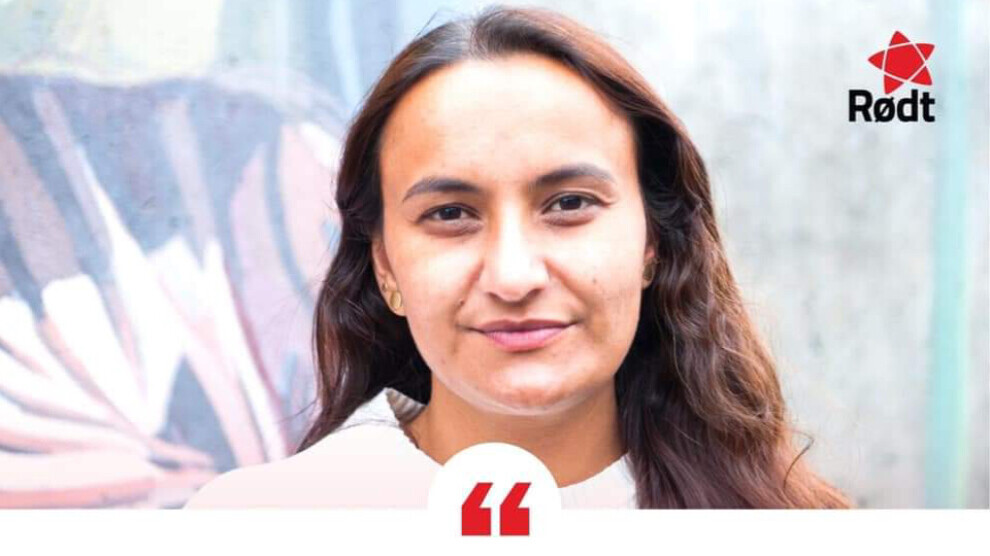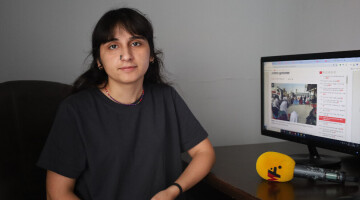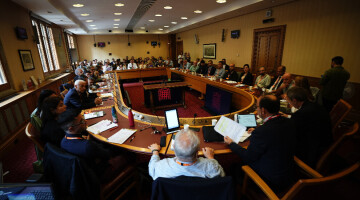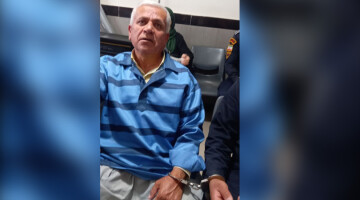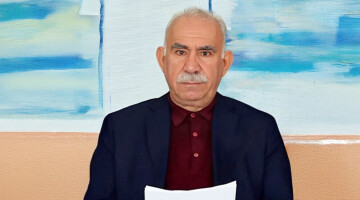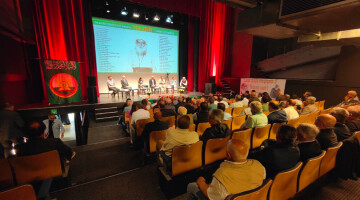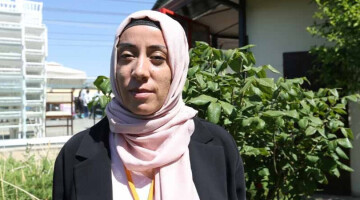In Norway, 169 delegates from 19 constituencies are elected to the Assembly (Stortinget) every four years in September.
There are nine major political parties across the country, and several local political parties compete in regional elections. The last day to vote is today.
For the past eight years, Norway has been governed by a coalition of right-wing and liberal parties (Hyre and FRP, and later Hyre, Liberal, and Christian parties).
Privatization, tax cuts for the wealthy, growth of the income gap, and restrictions on employees' rights have all contributed to widespread dissatisfaction in recent years, due to the Erna Solberg-led administration. The harsh and restrictive policies of the radical right-wing FRP, the government's previous junior partner, drew many closer to the left parties.
The Red Party (Rødt) is one of the most popular and well-supported political parties in the country. Only party head Bjørnar Moxnes was elected to parliament in the last election. According to polls, Rødt is gaining ground on centre-right parties.
Rødt's election campaign continues with the theme of equality, justice, and solidarity. Its promises include free crèches, free healthcare (particularly dental care), solidarity with oppressed peoples, and protection of workers’ rights.
Rødt draws attention as a sensitive party about the Kurdish issue.
They sent delegations to Kurdistan on numerous occasions and conducted on-site inspections. Bjørnar Moxnes, the party's head, has often questioned the government on Turkey's war on the Kurdish people, isolation, fascism, and occupation.
Seher Aydın is another Kurdish name that stands out among Rødt's candidates. She attracts attention as a Kurdish candidate about to enter the Norwegian Parliament for the first time in the general elections.
SEHER AYDIN
Seher Aydın is the child of a patriotic family that came to Norway from Konya when she was a child. Although she is young, she has long been involved in women's movements, non-governmental organizations, and anti-racist organizations.
Aydın, a member of the Red Party Central Board, ran as the city of Oslo's second ordinary candidate in the September 13 elections. Bjønar Moxnes, Chairman of Rødt, is currently in the first place.
Seher Aydın's election campaign continued with meetings, panels, and visits between Norwegians and foreigners living in the country. Aydın urged all those with the right to vote in Norway, particularly the Kurdish and Turkish peoples, to vote. Today, 3.9 million voters, half of them are young people, will cast their votes.
For the first time, a Kurd can enter the Norwegian Parliament in these elections, which Kurds in Norway hold in high regard. Seher Aydın will be the voice of all oppressed and exploited workers, Kurds, and Kurdistani rights; she will fight for justice, equality, and freedom; and she has stated that she will oppose war, fascism, and occupation.
MANI HUSEYNI
Mani Huseyni is another Kurdish candidate. A member of the Labor Party. The 5th parliamentary candidate from the Oslo district of Akershus. He's a 33-year-old politician. He and his family moved to Norway from Rojava roughly 23 years ago. Hüseyni got more engaged in politics after graduating from Oslo University's Faculty of Political Sciences, and he claims that if he becomes a member of parliament, he will call the attention of the public and Norwegian politicians to solidarity with the Kurdish people. There is a high probability of victory because, in the previous elections, the Workers Party managed to get 7 deputies from the same region.
THE LATEST SURVEYS
Prior to the election, polls revealed that the ruling right-wing party, Høyre, had experienced a significant decline, while the main opposition Labor Party (Ap) was on the rise and was the greatest rival for power.
According to a poll conducted by the daily VG, Rødt could win 11 MPs in this general election. Based on his own survey, Rødt expects to receive 5.4 per cent of the vote. If the election threshold of 4% is exceeded, it is expected that 9 to 11 deputies would be elected. All of these results indicate that the administration will change and that the social democrats and socialists will be able to gain a majority.

